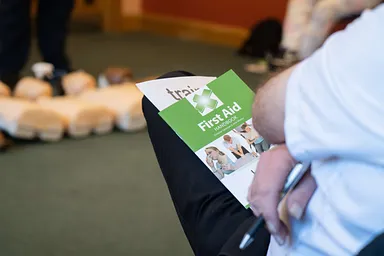The Mammalian Dive reflex can kick in to enable a child to survive when others would simply drown. It is also known as the ‘Human Dive Reflex’ which freedivers rely on to push to greater depths.
On a cold September night in Colorado 21 month year old Gore Otteson strayed from his family home and fell into a freezing cold river.The body’s reserves of oxygen are measured in minutes and once gone brain damage occurs.

Unable to swim Gore was pulled out from the icy water after 25 minutes with his survival chances being slim to none…..
What Is The Dive Reflex?
The dive reflex enables aquatic mammals like the seal to dive to great depths through shunting the majority of its blood stores to the torso. Alongside this all other metabolic functions like digestion are shut down which frees up more oxygen to the core.
Aquatic mammals use the dive reflex in their everyday lives whereby humans use it as a survival tool. Cold water hitting the face triggers the brain to slow the heartbeat and shutdown normal metabolic processes.
Can Stop a Human Drowning
Gore Otteson in theory should not be alive today as he effectively drowned. In most cases after several minutes of being submerged an involuntary breath causes water to rush into the lungs, leading to suffocation, unconsciousness and death.
In Gore’s case the involuntary breath of cold water cooled his body quicker, causing more oxygenated blood to rush to the core. At this point you could liken Gore to being in a state of hibernation, just like a Grizzly bear asleep through a cold winter. He floated face down in a state of preservation.
The Mammalian Dive Reflex can only work in rare instances when young, resilient individuals drown in cold water. The colder the water the better as the onset of hypothermia may be key in preserving the brain and other organs.
Rare Response
An infant / childs body cools more quickly than an adults, which pushes more oxygen towards the core and is further helped by a higher amount of residual oxygen within the bloodstream. The child is also better at recovering lost brain connections which may enable them to bounce back more easily from a ‘near drowning’ experience.
Summary
- Mammalian Dive Reflex can help humans survive drowning
- Children have a better chance of surviving than adults
- The colder the water the greater the chance of survival
- Gore Otteson survived despite drowning in an icy river for 25 minutes

.jpg)
.jpg)